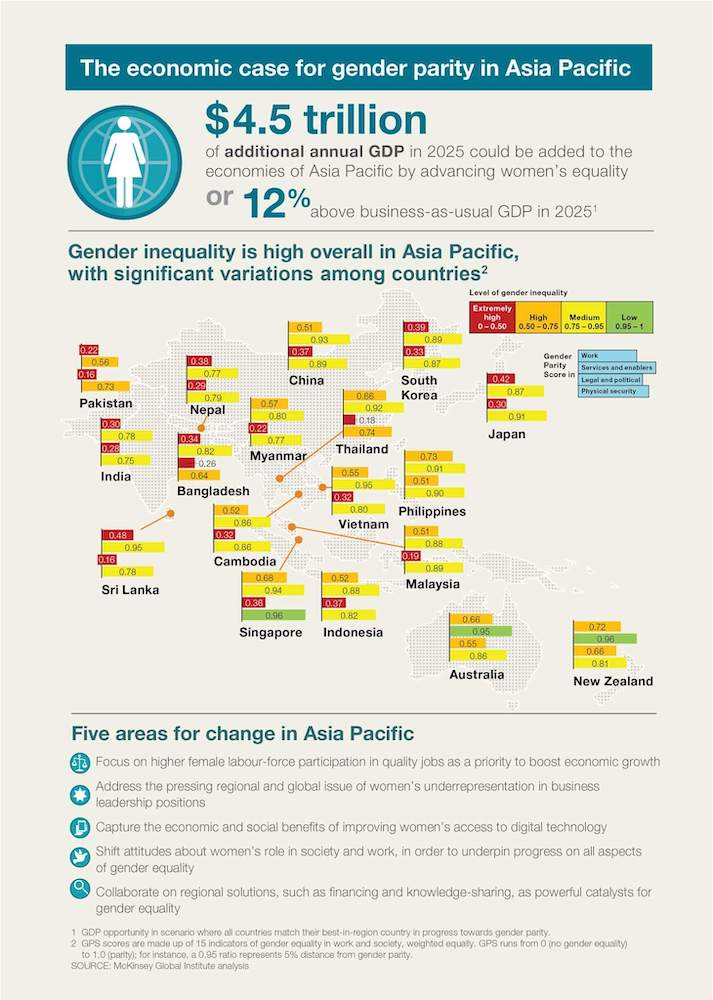Women
Women
The concept of the circular economy is indispensable to achieve sustainable resource management and reducing carbon emissions through fundamental shifts in the way we produce and consume.
Yet, so far work on the circular economy has largely focused on the environmental and business aspects of circularity, while there has been little analysis of the social implications, in particular, the role of women in leading the necessary transformations in the circular economy, the skills set needed, and the impact on women’s job opportunities.
On the production side, the circular economy needs to look at all the steps of the chain to minimise the use of resources and their ecological footprint; to keep resources in circulation for as long as possible, and to recovers as much as possible of those resources at the end of the service life of the product via recycling. Products are therefore designed in a way to facilitate reuse and recycling.
A well-designed circular economy also needs to promote sustainable consumption practices that minimise waste by extending the service life of products and promoting the sharing economy and second-hand markets. Without understanding consumer behaviour it is not possible to design sustainable circular economy models.
Engaging women in the circular economy – awareness-raising on sustainable consumption and encouraging participation in leadership and managerial roles – is indispensable to create good circular systems. A move towards a more circular economy can be designed to encourage gender equality. As women are more often segregated into jobs with low pay, low security and limited social mobility, the rise of green jobs as part of the circular economy movement offer an opportunity to empower women.
(Source: ‘Gender-specific Consumption Patterns, Behavioural Insights, and Circular Economy‘ from 2020 Global Forum on the Environment / Image: McKinsey Global Institute analysis)
Knowledge Centre
This section has a small number of images and reports.
References:
- Women: Freepik from Flaticon
- Knowledge Centre: Freepik from Flaticon
- Information: CleanPNG





